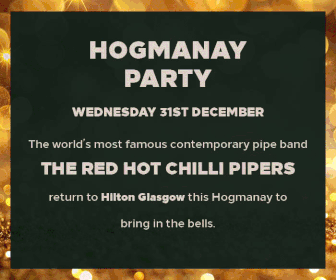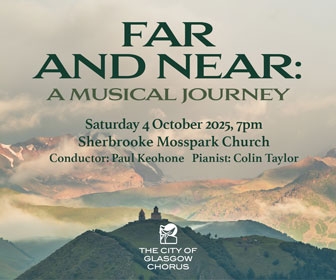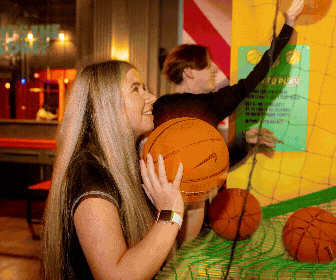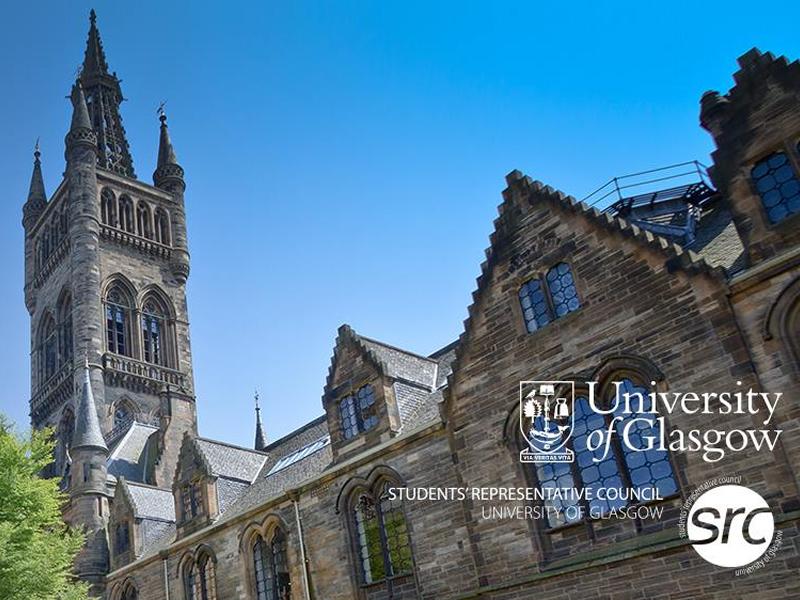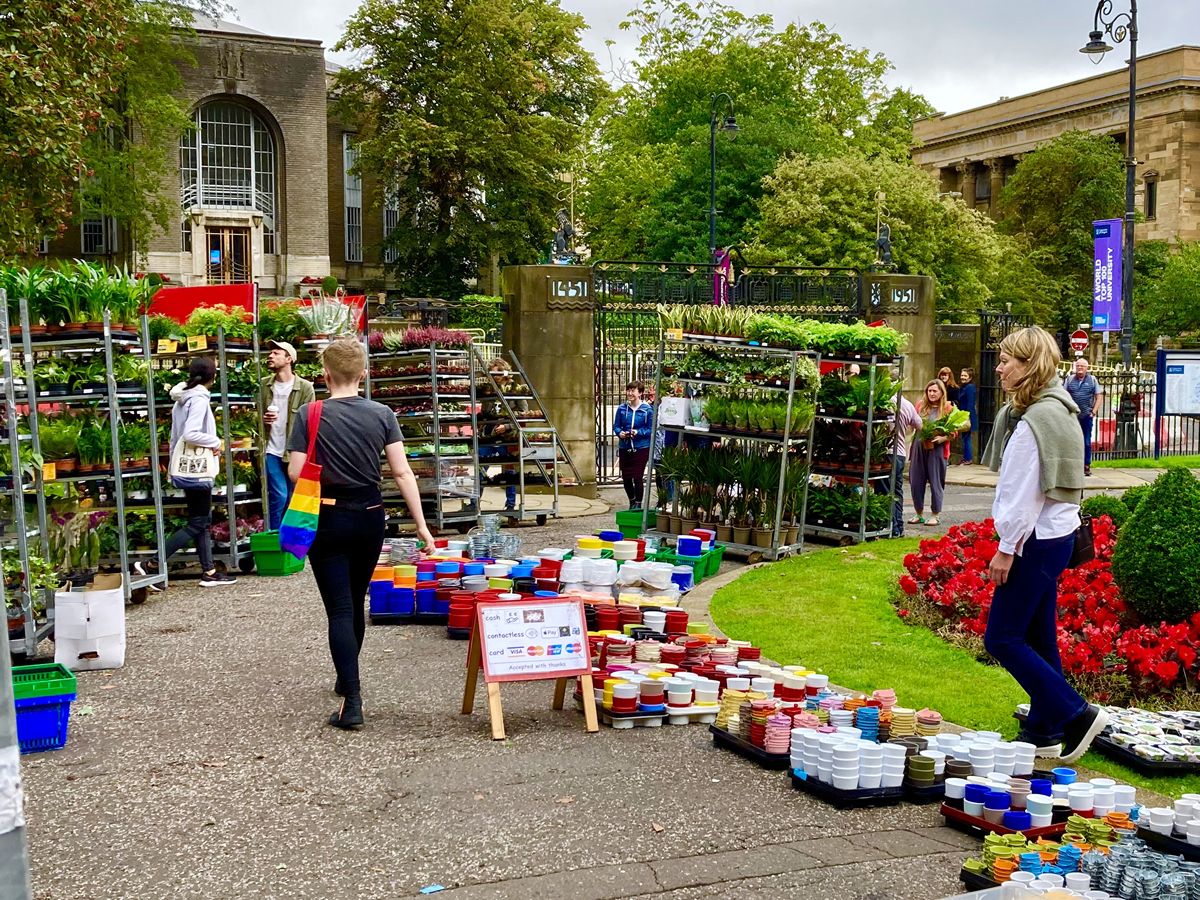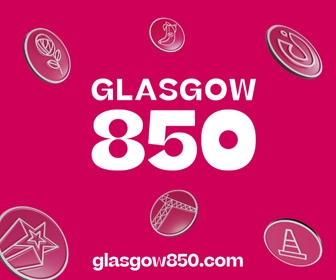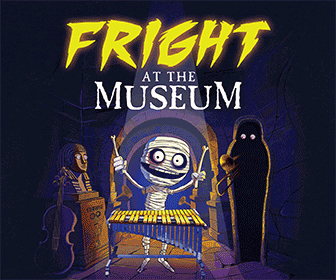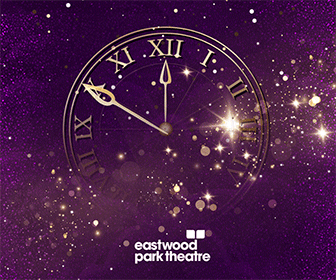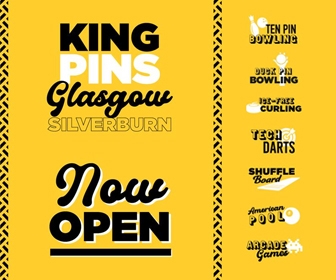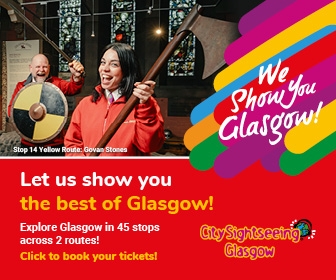The Anthropocene: A planetary scale change to the biosphere; and the future well-being of planet Earth
Join the Geological Society of Glasgow for their upcoming lecture, The Anthropocene by The Palaeontological Association's Exceptional lecturer for 2022-23, Professor Mark Williams.
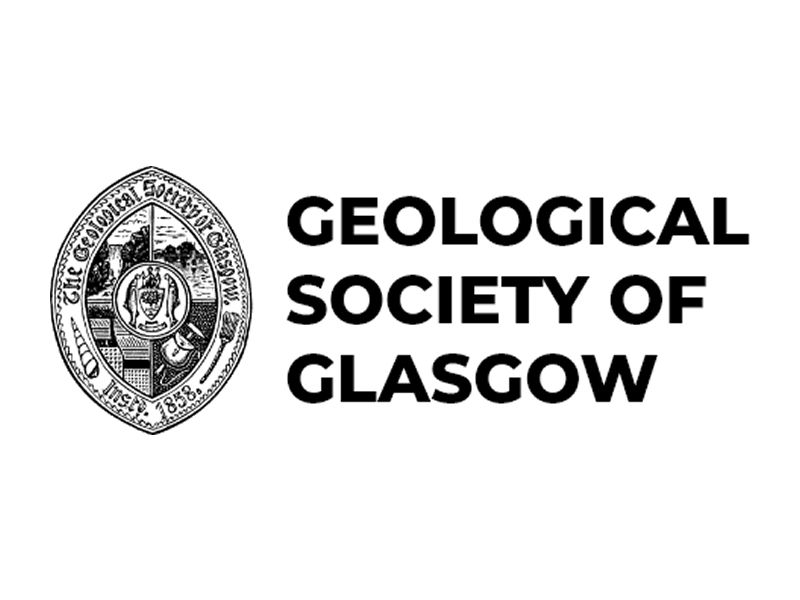
About The Anthropocene: A planetary scale change to the biosphere; and the future well-being of planet Earth
The Geological Society of Glasgow is privileged to host The Palaeontological Association's Exceptional lecturer for 2022-23, Professor Mark Williams, School of Geography, Geology and the Environment, University of Leicester to give his talk on The Anthropocene a geological period being driven and shaped by human activity and not natural processes. This subject is important to all of us, especially as hosts of COP26.
Over the past ten millennia humans have halved the mass of the biosphere, concentrated most of the mass of terrestrial mammals in themselves and the animals that feed them, and in their billions of individuals now account for most of the numerical abundance of primates. Of itself, this indicates a level of domination that is exceptional for a single large species in the history of the biosphere. To that we must add the systematic reconfiguration of ecosystems globally and the 1000s of non-native species that have been translocated therein. Many of these changes have left a distinctive palaeontological signature in the sedimentary record, one likely to be recognisable in most regions and ecosystems of the world, and one which may help to define a new epoch of geological time, the Anthropocene. If sustained, this change may denote a permanent state-shift in the structure of the biosphere. If it fails, it will likely be the result of excessive human consumption resulting in a mass extinction. I will discuss how palaeontology contributes to quantifying the degree of Anthropocene change, and how it might be used to influence our strategies towards a more sustainable relationship with nature.
All are welcome to this free public event.
Where possible we will update our listings to notify of cancelled, postponed and rescheduled events, however we STRONGLY ADVISE that you check with the venue/organiser in the first instance for updates.
All information (whether in text or photographs) is supplied in good faith but should not be relied upon as being a statement of representation or fact.GOT AN EVENT TO SHARE? It's free to post your events on What's On Glasgow, click here to find out more!
Want to be the first to hear about what's happening in Glasgow? Just hit 'Like' on our Facebook page, join the What's On Scotland Facebook Group and 'Follow' on our Twitter account and you're all set!Other Events at The University of Glasgow
Historic Tours of Glasgow University
Join a historic walking tour of the University of Glasgow the fourth oldest university in the English-speaking world!
READ MOREHouseplant Market - Glasgow
The Houseplant Market is returning to The University of Glasgow! Taking place outside the Main Building, near the Memorial Gates, for 5 days between 14th and 18th September!
READ MORESimilar events you might like...
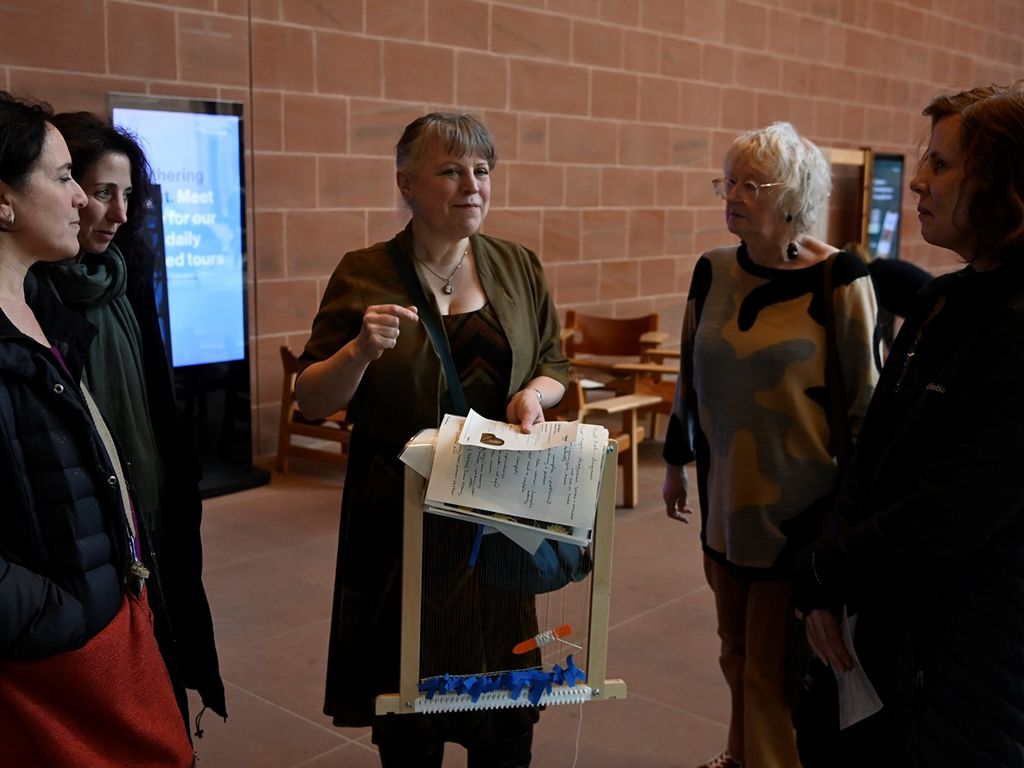
Burrell Bites
Enjoy a specially curated talk about the history and context of a new object(s) from the Burrell Collection each week, delivered by Curators, Gallery Assistants, Volunteer Guides and more!
READ MORE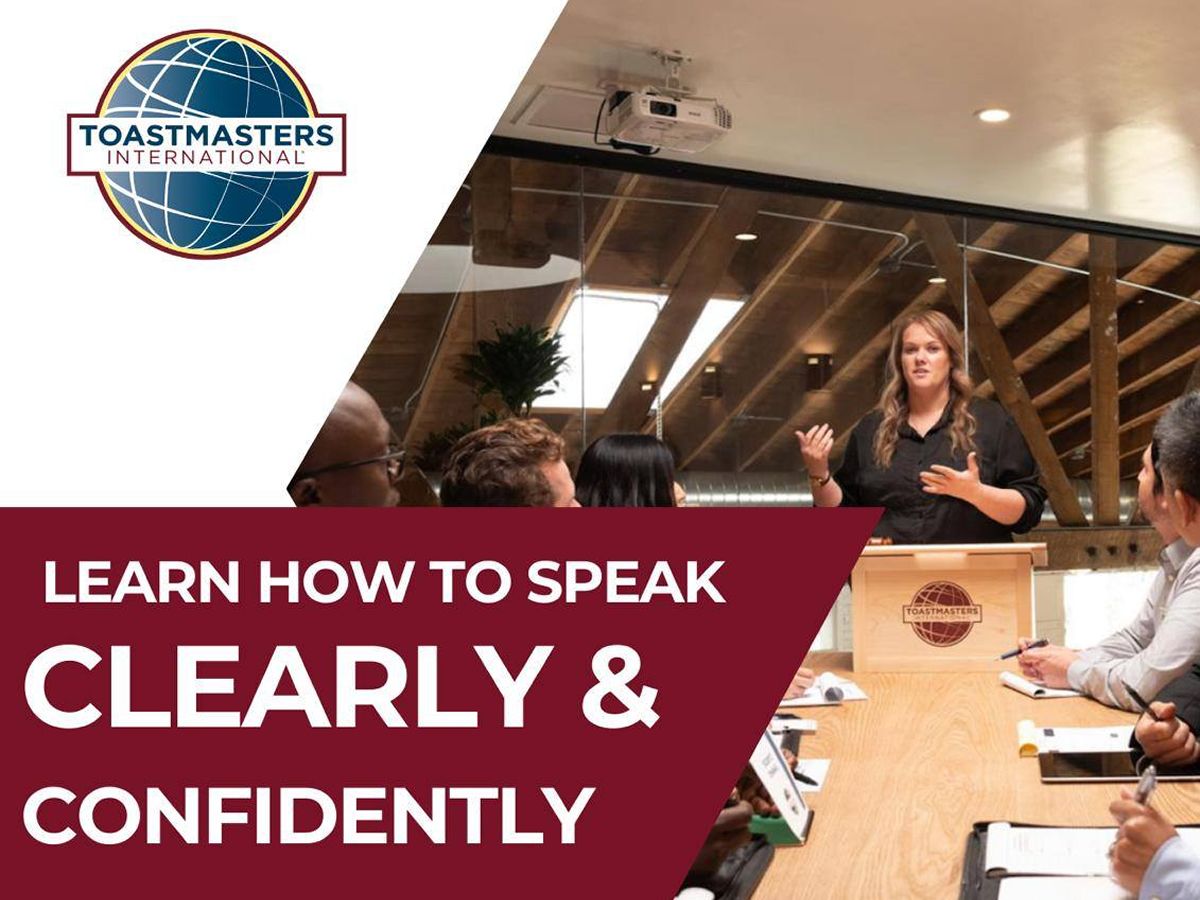
Glasgow Toastmasters Meetings
If you want to enhance your public speaking skills or learn from seasoned speakers, join Glasgow Toastmasters at their next meeting!
READ MORE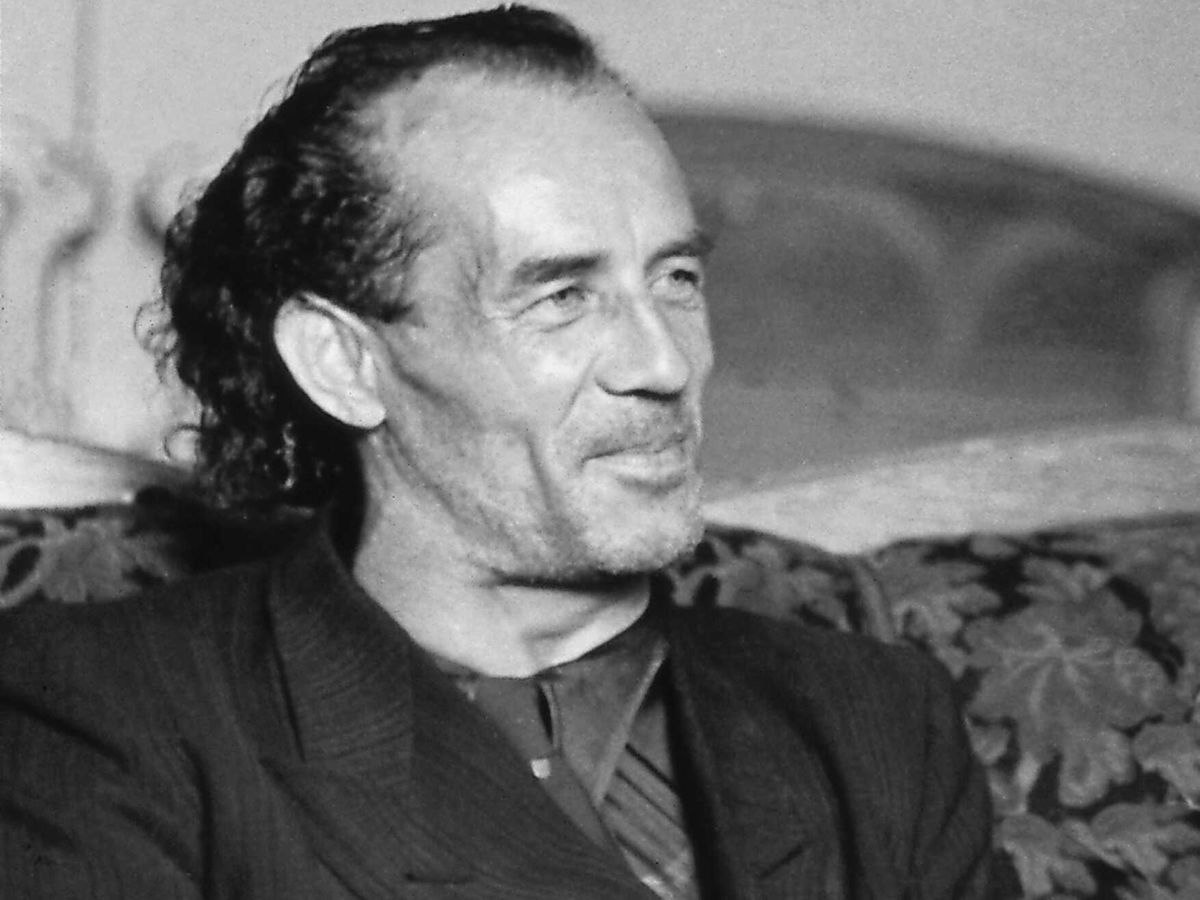
Information Lecture: Help and Healing on the Spiritual Path through the teaching of Bruno Groening
A lecture about spiritual healing and help through the teaching of Bruno Groening is taking place in Glasgow.
READ MORE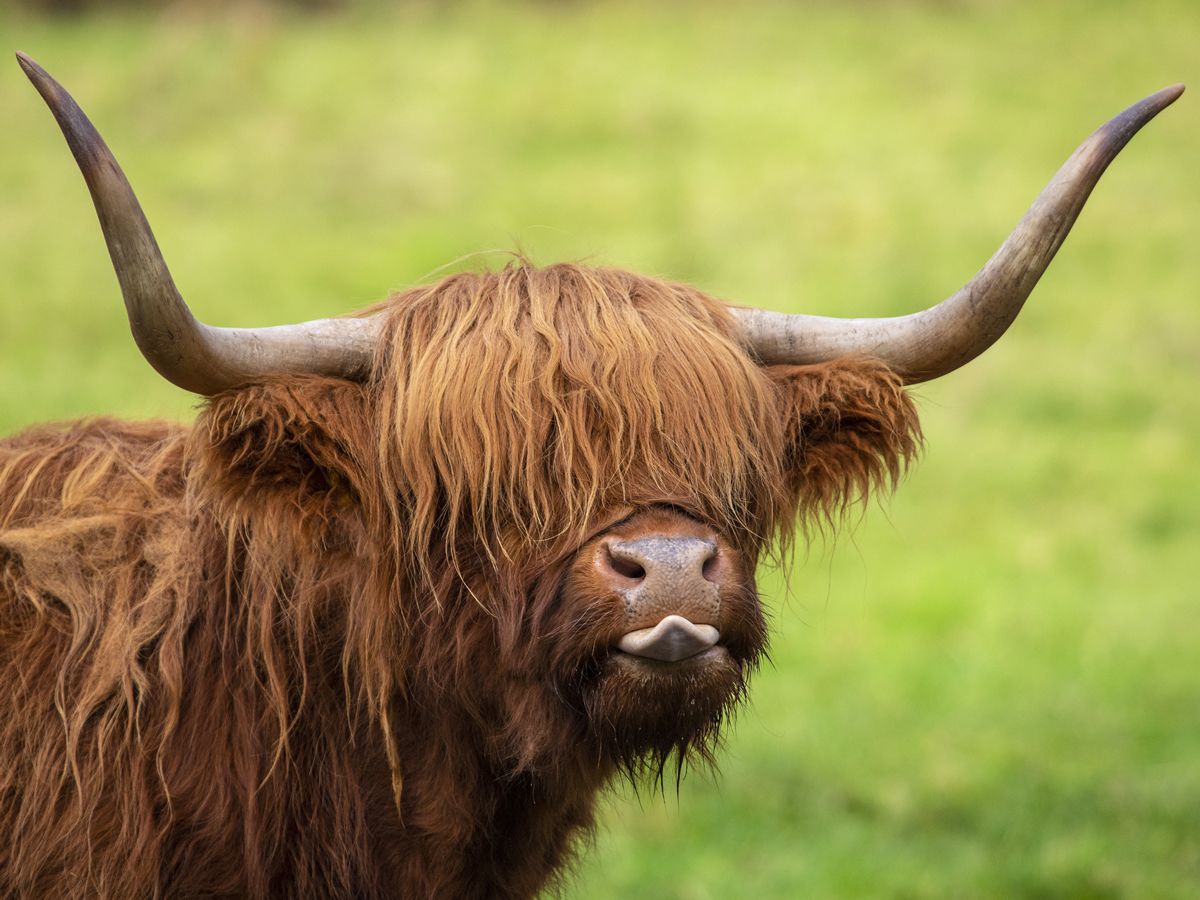
Pollok Fold Events
The staff at Pollok Fold have some exciting events running throughout the year, come along and learn all about their award-winning highland cattle!
READ MORE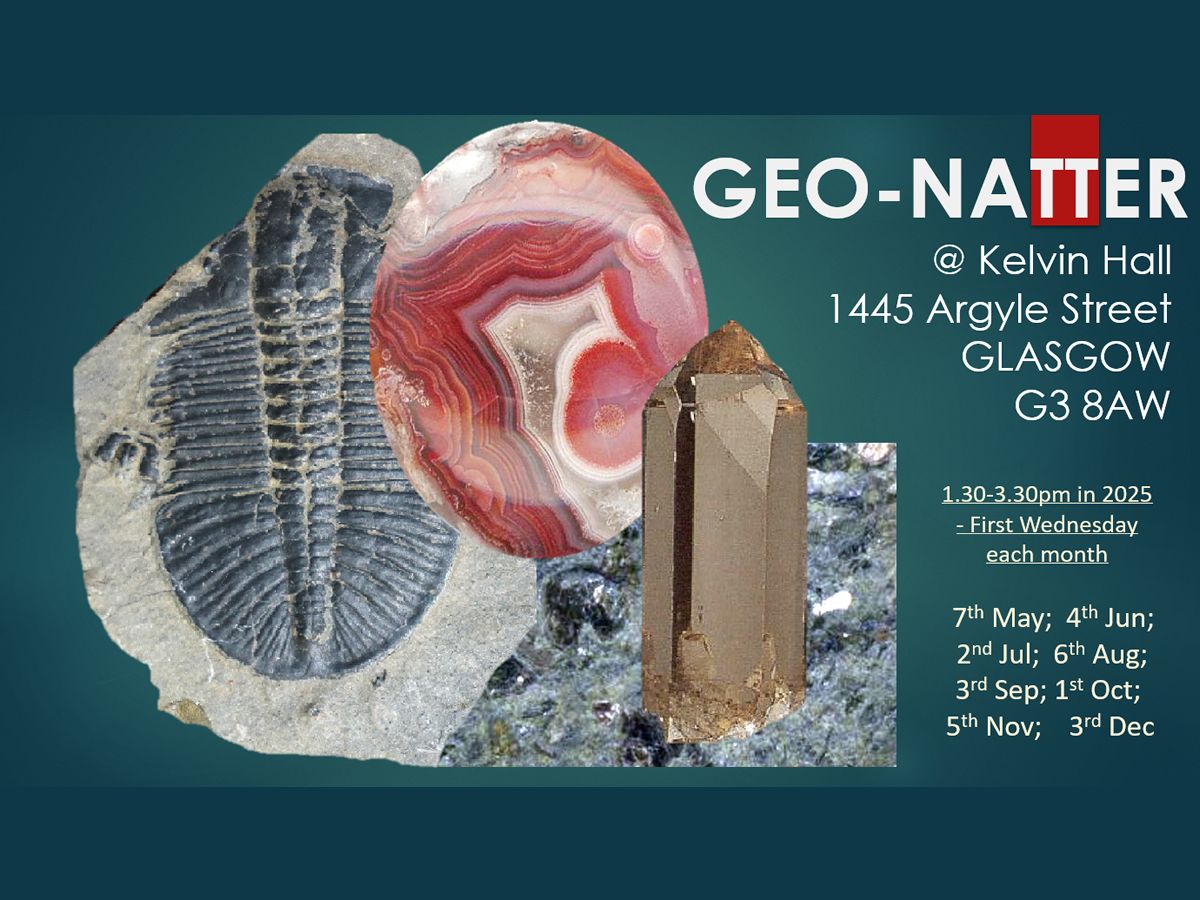
Geo-Natter
Interested in rock or fossils and want to find out more about Scotland's geo-heritage? Head along to Geo Natter at Kelvin Hall in Glasgow to celebrate all things geological and palaeontological!
READ MORE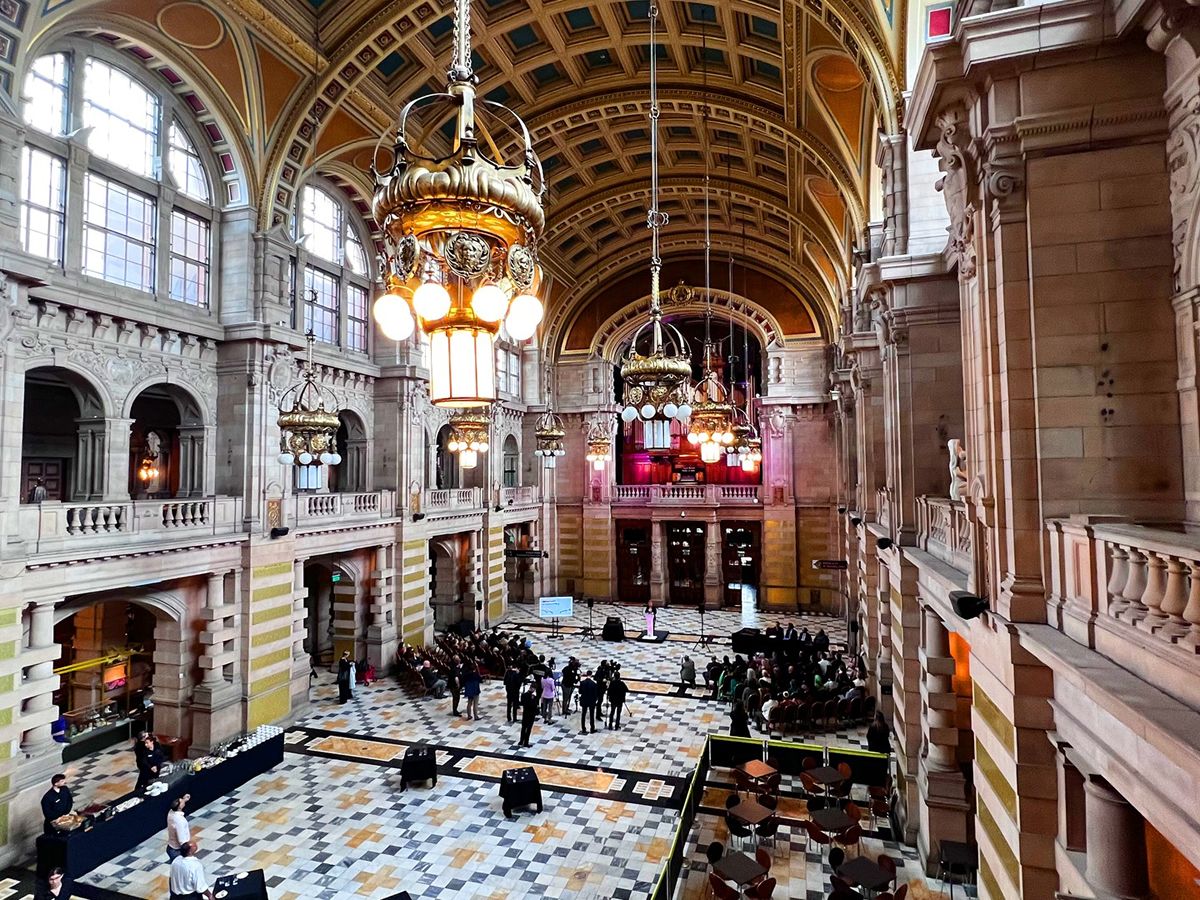
Kelvingrove Bites
Enjoy a specially curated talk about the history and context of a new object(s) from Kelvingrove Art Gallery & Museum, delivered by Curators, Gallery Assistants, Volunteer Guides and more!
READ MORE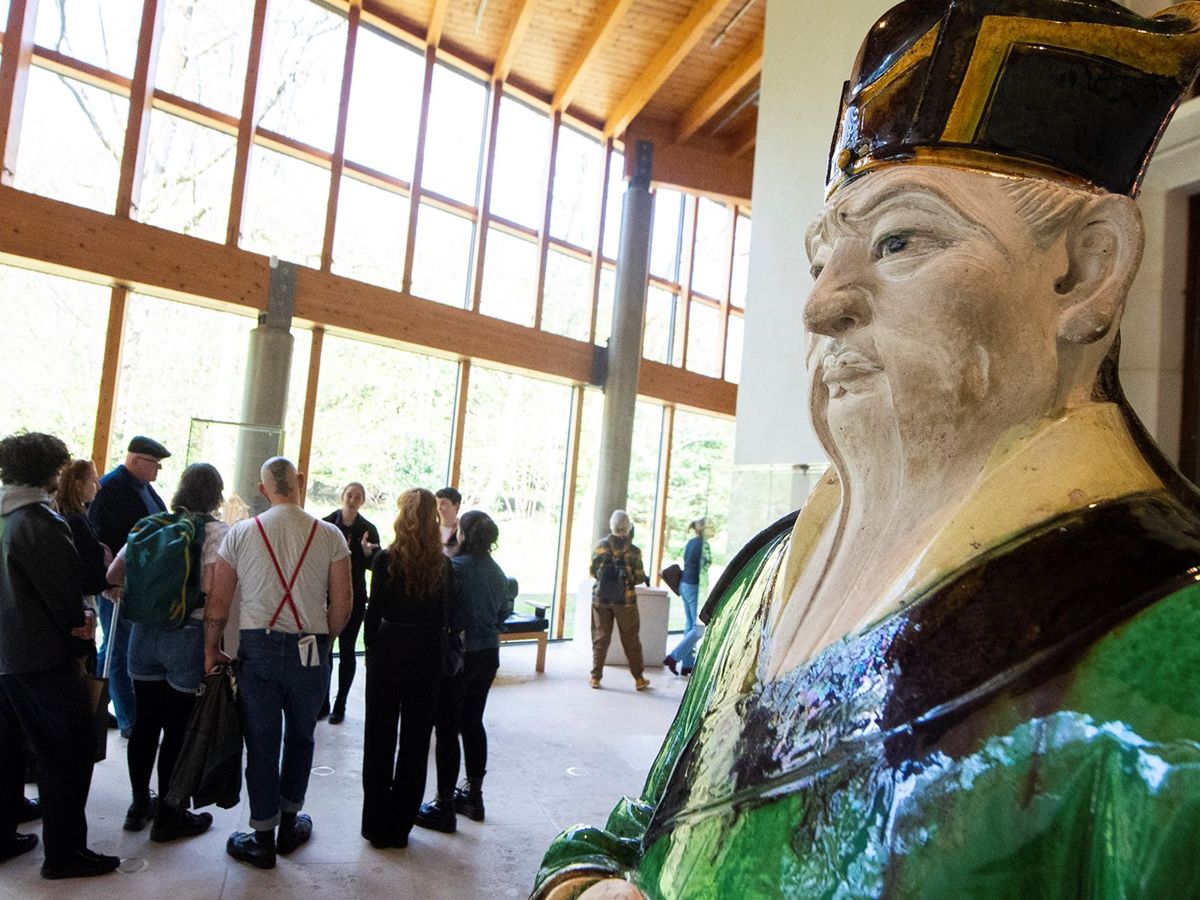
Hidden Histories Tours
Curators at The Burrell Collection hold monthly Hidden Histories Tours exploring different aspects of the museum's magnificent collection!
READ MORE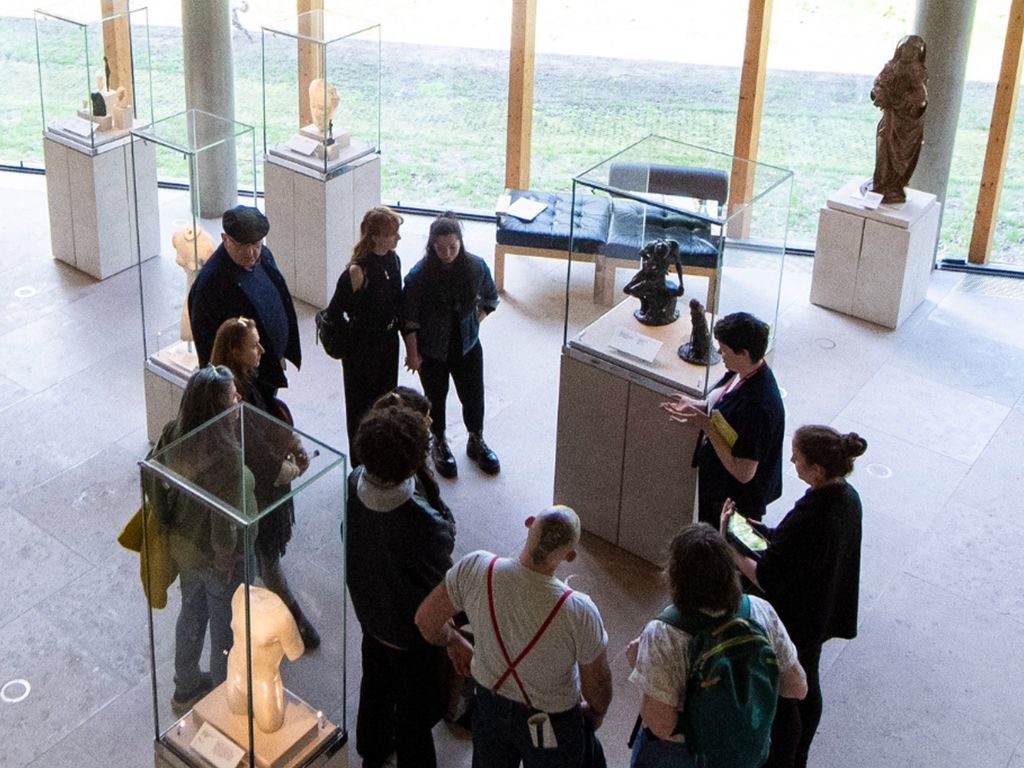
Themed Tours at The Burrell Collection
Join the Burrell Collection's expert Volunteer Guides as they take you on a journey through the collection with free themed weekly tours.
READ MORE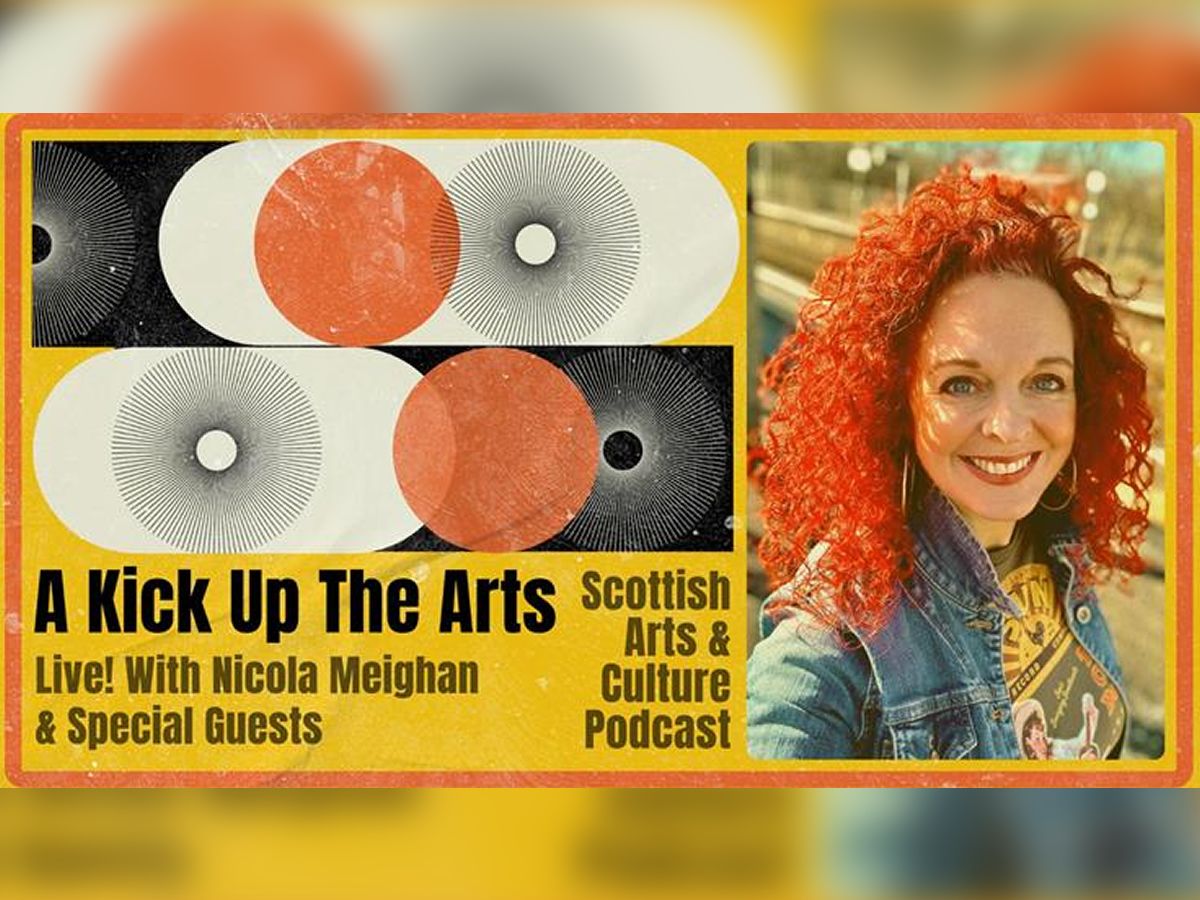
A Kick Up the Arts with Nicola Meighan
Join writer and BBC broadcaster Nicola Meighan for a late lunch live recording of her Scottish arts and culture podcast, A Kick Up The Arts, at The Stand Glasgow!
READ MORE